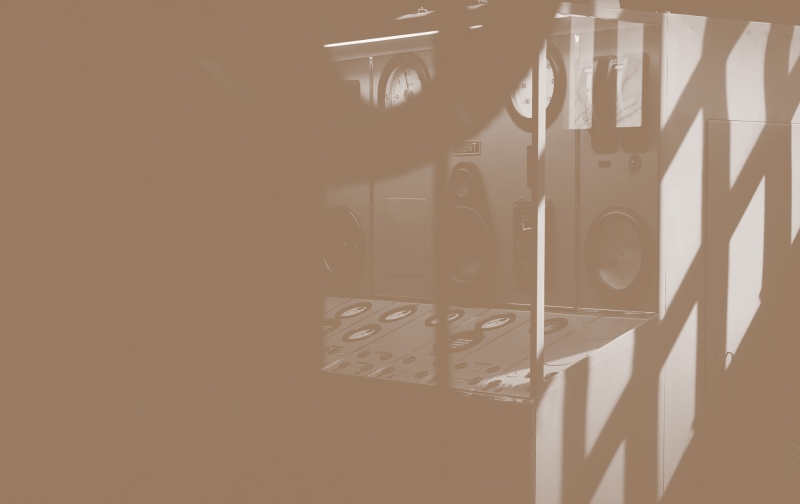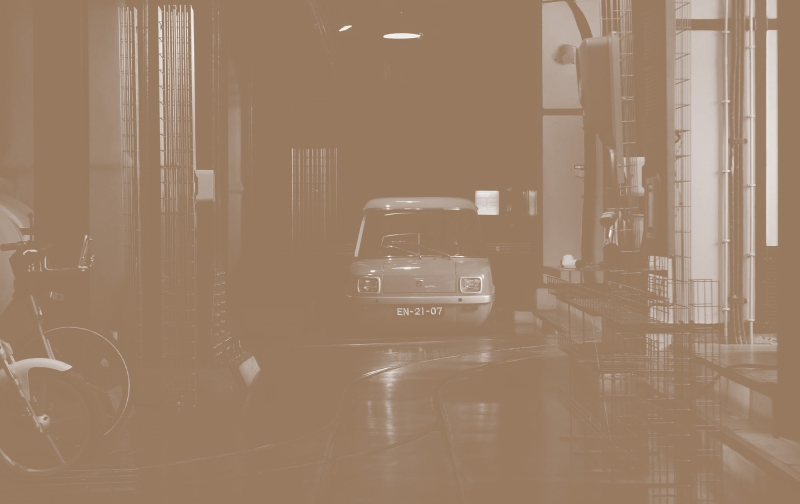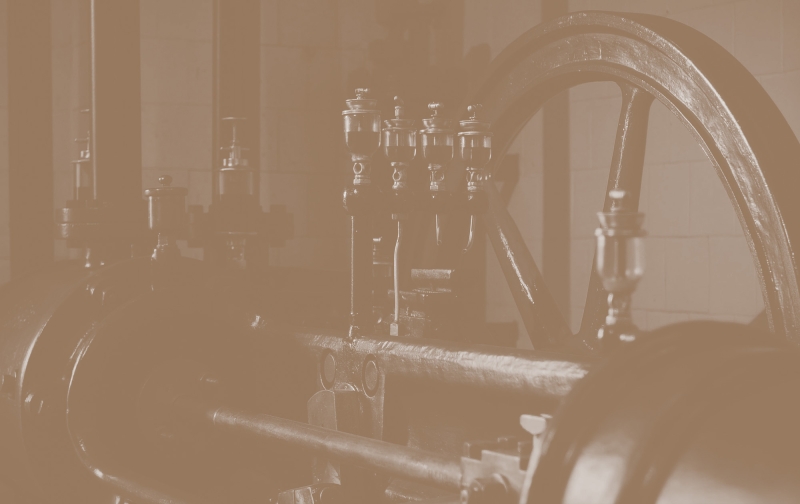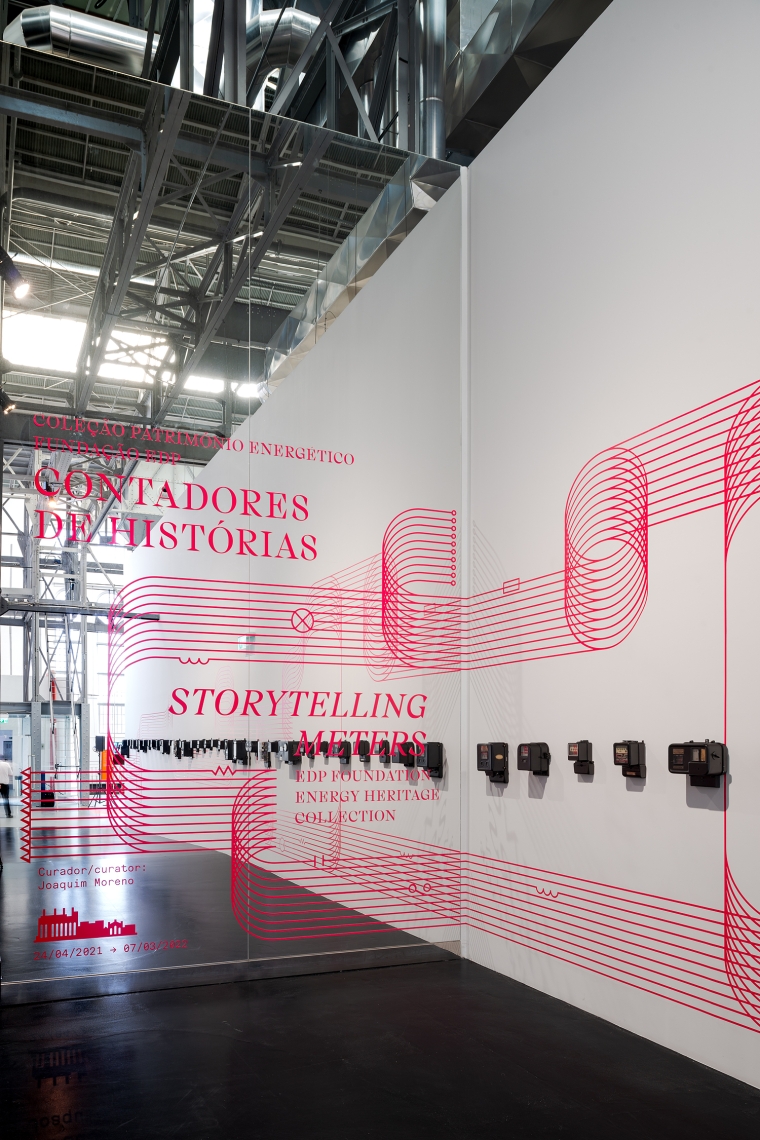Storytelling Meters: episodes 9-10
with Joaquim Moreno
These Storytelling Meters, these objects with stories inside, are windows aggregating new narratives. Each meter tells a part of the story: from collection to tariffs, from production to the domestic appliances animated by electricity, from public lighting to electric mobility, from network management to defence against fraud, or from mechanical metering to electronic metering. Each one of these meters brings together objects, instruments and documents that tell its biography, and each of these episodes is a temporary constellation within the technological collection of the EDP Foundation and maat – Museum of Art, Architecture and Technology, a story that opens the door to many others, to new ways of looking at the History of Energy and to give renewed energy to the museum.
|
Joaquim Moreno graduated in Architecture at the University of Porto, and holds a Master’s from the Barcelona Technical School of Architecture and a PhD from Princeton University. He was co-curator, with the philosopher José Gil, of the Portuguese representation at the Venice Architecture Biennial 2008, and, with Paula Pinto, the exhibition Guido Guidi – Carlo Scarpa. Brion Tomb (Garagem Sul/CCB, Lisbon, 2015). More recently, he curated The University Is Now on Air: Broadcasting Modern Architecture (Canadian Centre for Architecture, Montréal, 2017) which examined a key experiment by The Open University to mobilise new media environments for distance and adult education. |
In 2021, maat inaugurated a new programme around the EDP Foundation collections. Both collections — Portuguese Art and Energy Heritage — are regularly presented within the spaces of Central through an invitational series of curatorial projects by diverse experts, researchers and thinkers that are intended to engage with this reservoir of knowledge from multiple intellectual vantage points. By providing alternative conceptual and scholarly interpretations, the programme aims to bring forward new readings to enlighten historical, social and technological narratives that go beyond those of the collection itself.
Conceived by the architecture historian and curator Joaquim Moreno, Storytelling Meters (maat, 24/04/2021 – 07/03/2022) is the first exhibition that uses various archival artefacts – visual items, objects and appliances – from the EDP Foundation Energy Heritage Collection. The EDP Foundation Energy Heritage Collection was started in 1998. It gathers around 3,500 pieces linked to the history of electricity in Portugal, some of them dating back to the 19th century. These include items of domestic, personal and industrial use, including machinery and equipment — measuring devices and meters, household appliances, illumination and lab equipment — as well as a vast collection of documents. |
|
EPISODE 9 Measuring the difference between the energy that is generated in the power plant alternators and that which reaches the consumer is like measuring the water that is lost in the pipes from the source to the tap at home: we need to account for the cables, lines, transformers and electric circuits, a whole panoply of technology that enters the power chain that is contracted and paid for. But measuring the energy that a house consumes is not the same as measuring the energy that drives a factory. The motors of large consumers generate so-called reactive energy, without which such appliances cannot function and which “takes up space” in the system and increases losses in the grid, influencing voltage levels in the grid and in the installations themselves. Reactive energy meters measure this other form of energy. |
EPISODE 10 The energy transition currently underway reorganises the flows of the energy grid and of the energy market, generating cleaner, renewable energy from other sources and allowing the consumer to also be a producer, through microgeneration and self-consumption. This new social contract, in which the consumer can be a producer or even self-sufficient, and in which energy seeks not to compromise our common future, requires meters that work in two directions, better suited to its multiplicity and reciprocity. The simultaneous metering of consumption and production, metering use when you need it and sharing when you have too much, requires a new legal framework, a decree-law that says how this new form of cooperation should work. |
|
The "Storytelling Meters Episodes" videos, with Joaquim Moreno, were commissioned to Adversa by maat / EDP Foundation.
|








